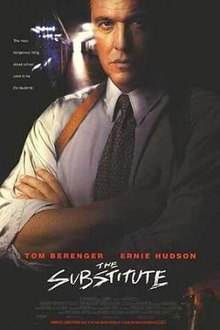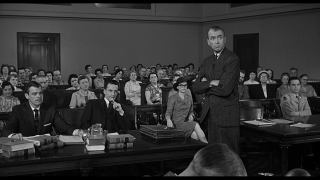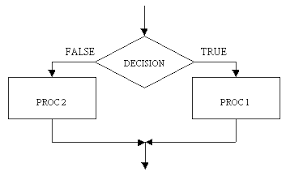 A steady stream of cases about the scope of the TCPA (as well as the third dissent of 2019 by Justice Whitehill) continued in Erdner v. Highland Park Emergency Center. The appeal was from the denial of a TCPA motion about the alleged usurpation of the opportunity to build an emergency-care facility in Fort Worth; the majority (Justice Molberg, joined by Justice Reichek) affirmed, holding:
A steady stream of cases about the scope of the TCPA (as well as the third dissent of 2019 by Justice Whitehill) continued in Erdner v. Highland Park Emergency Center. The appeal was from the denial of a TCPA motion about the alleged usurpation of the opportunity to build an emergency-care facility in Fort Worth; the majority (Justice Molberg, joined by Justice Reichek) affirmed, holding:
- Association. “The communications between Erdner and the Arizona investors were private communications relating to establishing a business . . . [and] did not involve public or citizen’s participation . . . .”
- Speech. The majority rejected the dissent’s “wispy” approach to the term “related to” in the TCPA, reasoning: “The fact that the communications could result in healthcare service being offered to the public at some location at some point in the future is not enough to bring them within the scope of the TCPA.”
The dissent joined the majority’s conclusion about the right of association, based on Fifth Court precedent, but differed as to interpretation of the phrase “related to”: “[D]iscussions about starting a new emergency room are at least tangentially related to the current and future health of people in the area and to the surrounding community’s well-being.” No. 05-18-00654-CV (May 22, 2019).














